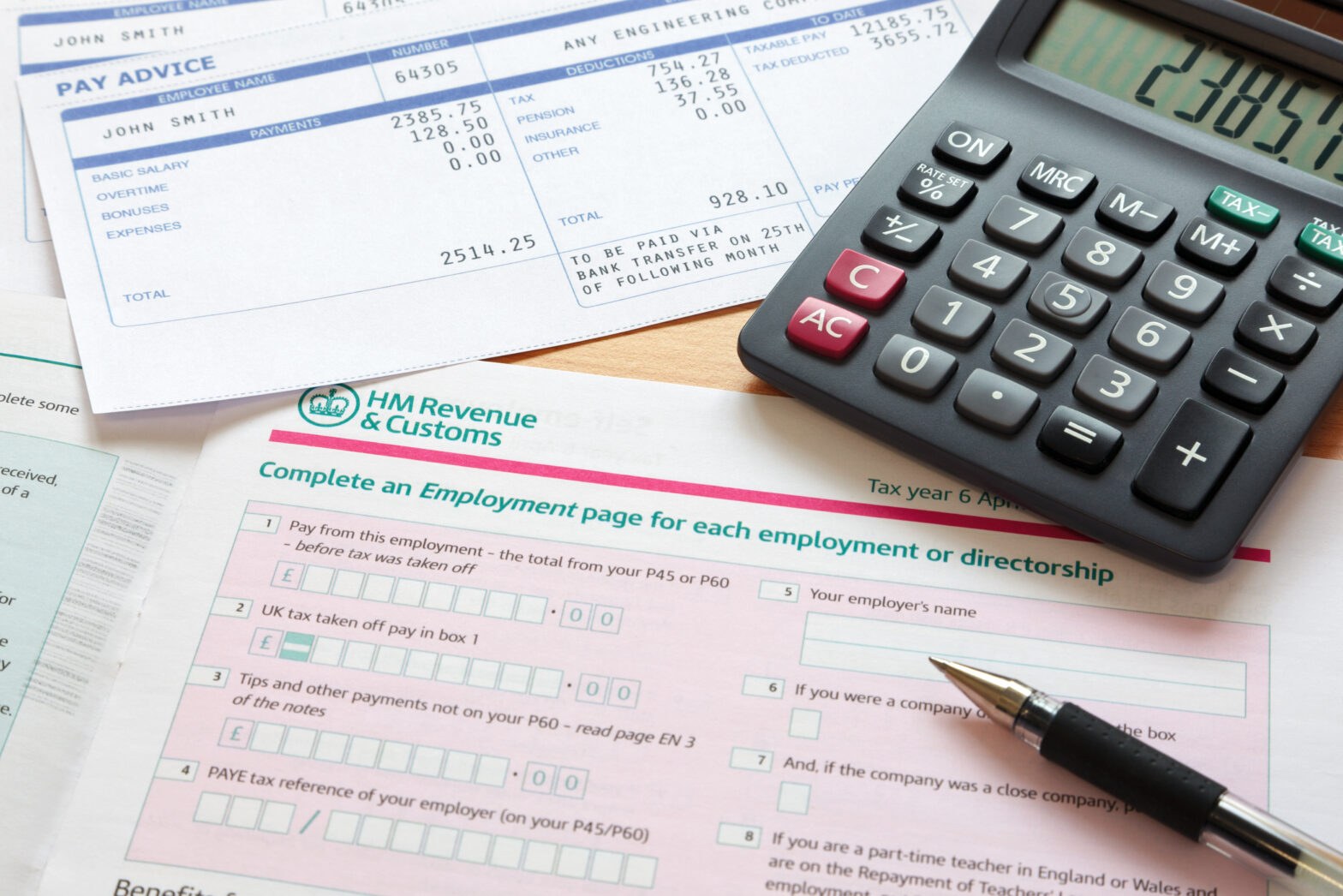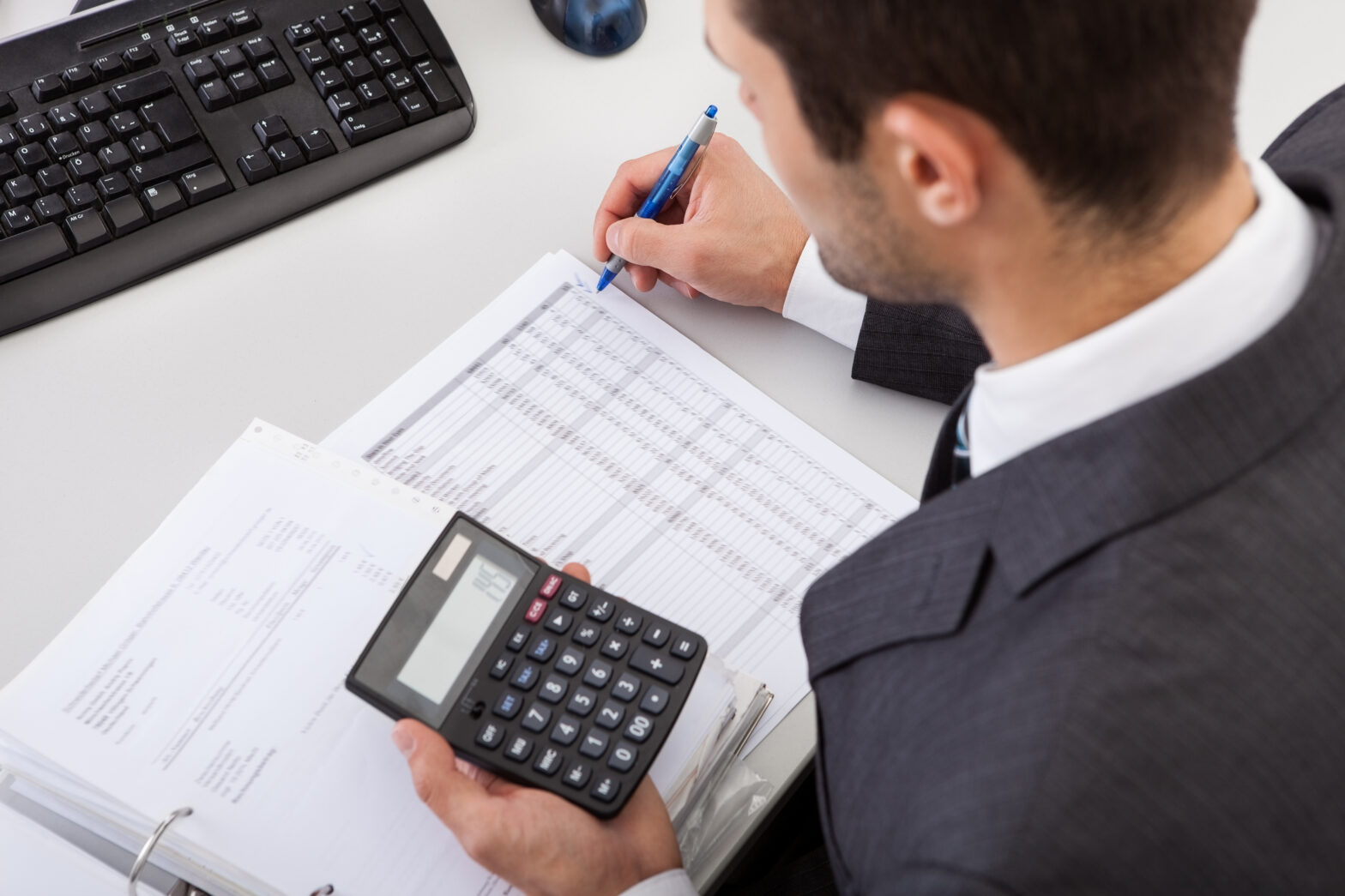The Low Incomes Tax Reform Group (LITRG) urges taxpayers who miss the Self-Assessment filing deadline on Tuesday (31 January) but who have a reasonable excuse for the delay, to appeal against penalty for late filing.
LITRG supports HMRC’s efforts to encourage people to file returns and pay tax due from them by the proper date. But the campaign group is concerned that some of those who do not make the deadline may not appeal against sanctions for late filing because they are not aware of their rights.
Anthony Thomas, LITRG chairman, says, ‘We are anxious that people may feel somewhat panicked by penalty notices from HMRC and just pay financial sanctions for filing Self-Assessment forms late without considering that there may be a perfectly good reason for the delay in filing that may make them eligible for special treatment.’
LITRG is reminding taxpayers that there could be extenuating circumstances where someone may be able to avoid a penalty by claiming what HMRC define as a ‘reasonable excuse’ for filing their tax return late. These could include flooding or severe weather problems, but also life events such as serious illness or bereavement, and other causes beyond the taxpayer’s control.
Don’t delay your returns
It is important that even if a reasonable excuse is established, the taxpayer files without unreasonable delay once the excuse has ceased. For example, if illness prevented them from filing on time, they must file as soon as reasonably practicable when they recover from their illness.
It may be that a combination of reasons, rather than a single reason, together may constitute a reasonable excuse. In all cases full details must be sent to HMRC.
An online copy of the form that may be submitted with a late tax return, claiming reasonable excuse, can be found on the GOV.UK website. If someone has received a penalty notice, an appeal notice will usually accompany it but, if not, the appeal notice can be downloaded from the GOV.UK website. People can also send in a letter to make an appeal.
Separately from late filing penalties, HMRC may also charge a penalty if a taxpayer submits an inaccurate return to HMRC which results in them understating their liability to tax or claiming too much by way of loss relief or repayment of tax.
It typically amounts to 15 per cent of the tax understated. For a penalty to be properly chargeable, the mistake must be ‘careless’ or deliberate.
‘Careless’ indicates they have failed to take reasonable care, but what constitutes ‘reasonable’ care depends on the individual’s particular circumstances and abilities. For example, a mistake which may be deemed reasonable for a pensioner with no prior knowledge of the tax system may not be thought reasonable if perpetrated by a qualified lawyer or accountant.
If a mistake is not careless but a genuine error made while exercising reasonable care, HMRC is not entitled to charge a penalty at all. This is the case even if their tax liability is understated as a result of the error.
Anthony Thomas adds, ‘It is important that people are aware of their rights and duties. If someone who is charged a penalty for inaccuracy in their return believes their mistake was not careless as defined by HMRC, but an honest mistake despite taking reasonable care, then they should appeal against the penalty notice.’





